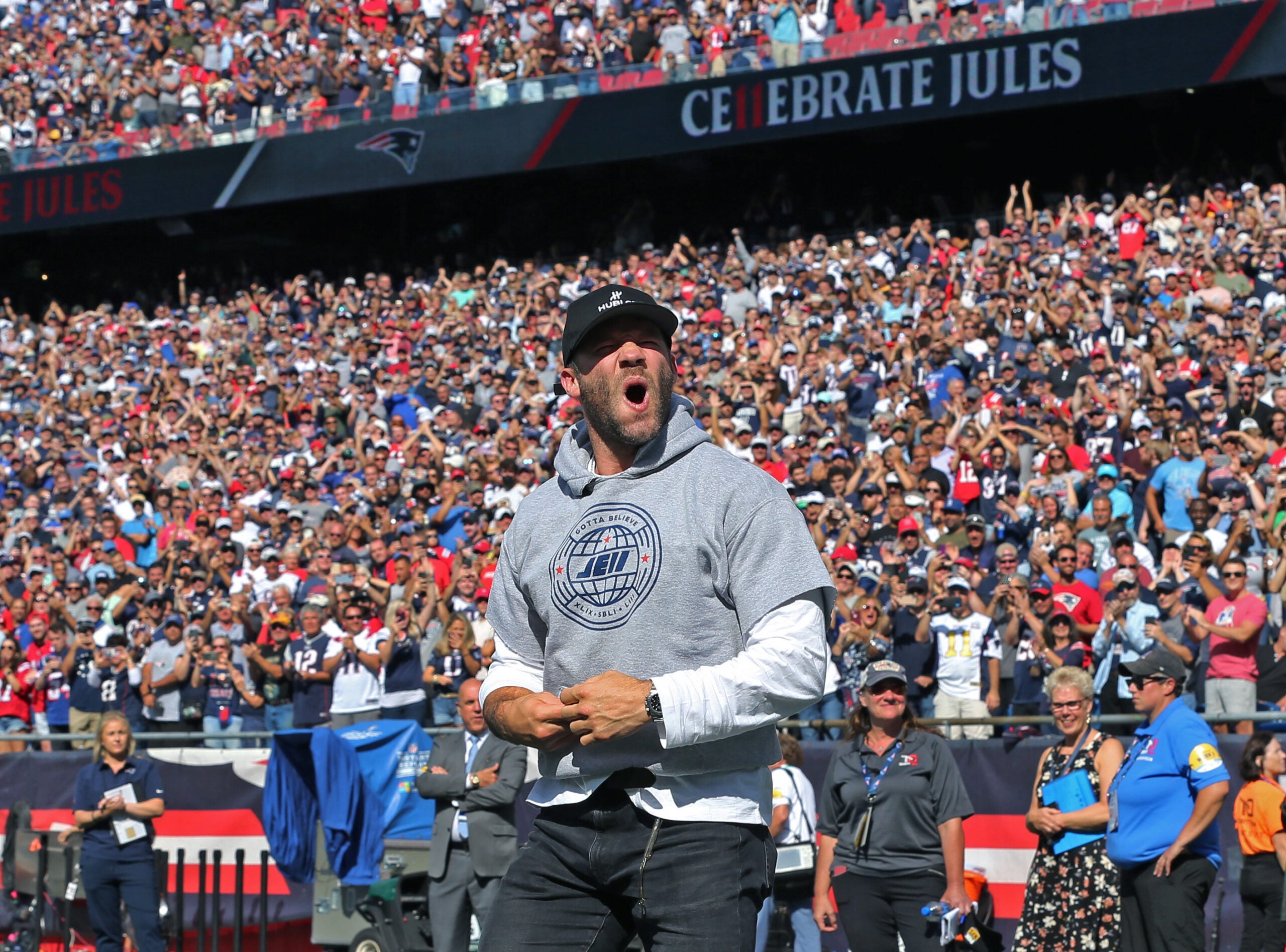Black Eyes Funny I Told You
'What Do You Tell a Woman with Two Black Eyes?'

"What do you tell a woman with two black eyes?''
"Nothing, you already told her twice!''
I first heard this joke when I was ten. Since then, I've heard a few different versions, with various punchlines:
"I like my eggs scrambled!''
"Iron it again!''
and "where's my sandwich?!''
Even at ten, something about that joke pissed me off.
But I didn't have to confront the reality behind it until much later.
A friend of mine – a good, intelligent, funny friend – was accused of domestic violence. When the stories came out, people rushed to his defense. The thing is, he never denied anything. He apologized for his mistakes, wished he could take them back, and said he'd put in the work with his wife to make it right. But, he never made any attempt to deny any of his scions in the situation that came to light. He stayed with his wife, and, to hear them tell it, their relationship is better than ever, the incident years in the past. They have beautiful children, and they seem to love each other deeply.
Still, why the rush to excuse? Why did we feel the need to ask her what she said or did? Why was every condemnation of his actions negated with a "but''? I watched good, loving, kind people fall all over themselves to excuse a man putting his hands on a woman who was six inches and at least fifty pounds smaller than him. They defended his actions despite his apologies, and couldn't for the life of me figure out why.
I'm not a perfect man. I'm no saint. I'm not always level-headed. I have a temper, and I've found myself pushed to the brink of emotional constraint. I've been in situations that for others would have no doubt resulted in unchecked explosion.
So why don't I hit women?
The answer: My mother.
I was teeny as a kid. I got picked on by kids either older, bigger, or both. I used to come home upset. Once, when my mother asked me what I wanted her to do, I told her I wanted her to beat them up. She laughed, and told me that just because she was stronger than someone didn't mean she had to hit them.
She told me that I'd be stronger than her one day. She asked if I'd hit her when I was stronger, and I swore I wouldn't. She told me I'd be stronger than my older sister, too. Would I hit her? No, I loved my sister. She told me to remember my answers. If I went around hitting people who did things I didn't like, I'd be a bully. People, she said, would do and say things I didn't like every day for the rest of my life.
She did tell me to defend myself if someone hit me. But only if that someone was a man. She told me never to put my hands on a girl, because hitting girls – women – wasn't what men did.
My mother was right.
She was also wrong. Men hit women every day.
Ray Rice is a grown man, standing only 5'8'' but weighing more than two hundred pounds. He's a world-class athlete whose game is predicated on power, power he used in an elevator to knock out his fiancé. He wasn't the first man to do it, and he won't be the last.
Maybe Raymell Rice was teeny as a kid. Maybe he got picked on by older, bigger kids, and told his mom he wished she could beat them up for him. Maybe she laughed, too, and gave him the same type of lesson my mom did. You don't, you shouldn't, you will not hit a woman.
If his mother didn't send that message, then Rice had no shortage of male coaches, teammates, teachers, pastors, friends, tutors, agents, trainers, and strangers who had opportunities to do so.
Ray Rice, like my friend, is responsible for those actions.
But so are we.
We tell jokes about black eyes and subservient women. We express some measure of horror and outrage when the media happens upon a particularly egregious case. We ask questions about the specifics of the situation whose very existence imply that the context matters. The irony is that these are fundamentally the same thing – whether we're making boys-club cracks when we think women aren't in earshot or treating he-hit-her-after-she- hit-him-first as a meaningful argument, we're poking holes in the zero tolerance that was my mother's rule.
This is not to take the focus off of Ray Rice, or off of men like Ray Rice. What he did – what they do – is every bit as abhorrent as we have depicted it to be, in the media and among one another.
But there is more to this story, and that is the implicit culture of acceptance we will perpetuate when, in a few days, our blasting of Ray Rice is no longer trending on Facebook. And then, we'll resume sharing memes about dumb blondes because man, that's funny and no, that has nothing to do with what Ray Rice did. Except it does.
The point: Ray Rice made his bed, but we helped make Ray Rice.
Conversation
This discussion has ended. Please join elsewhere on Boston.com
Source: https://www.boston.com/sports/new-england-patriots/2014/09/09/what-do-you-tell-a-woman-with-two-black-eyes/

0 Response to "Black Eyes Funny I Told You"
Post a Comment